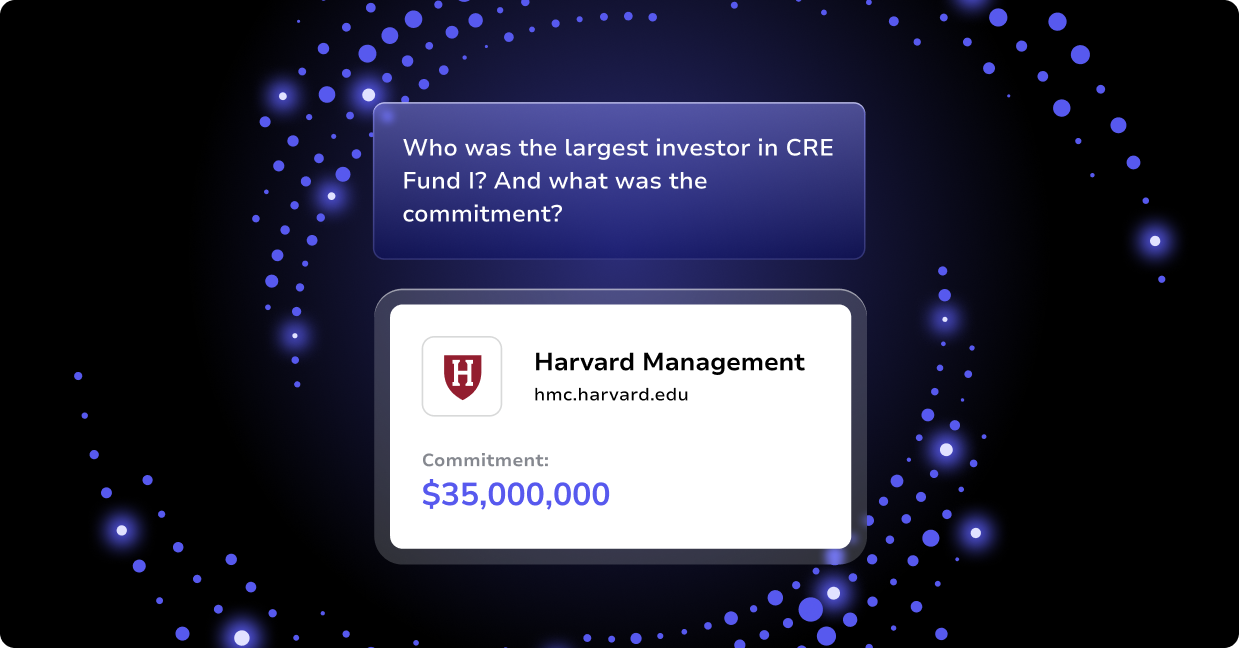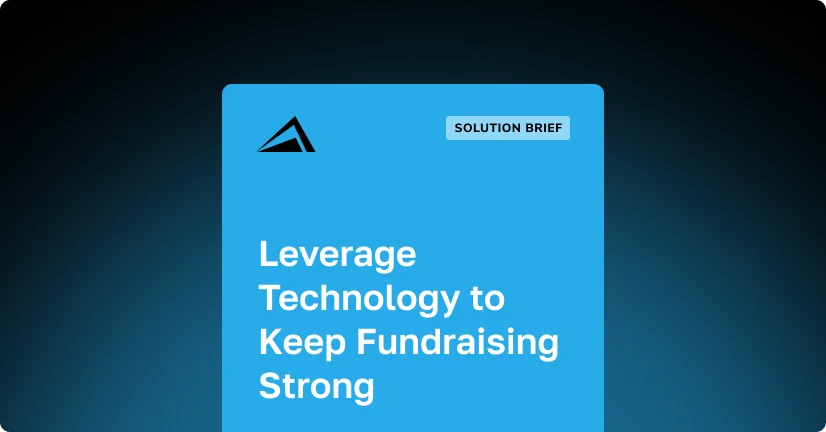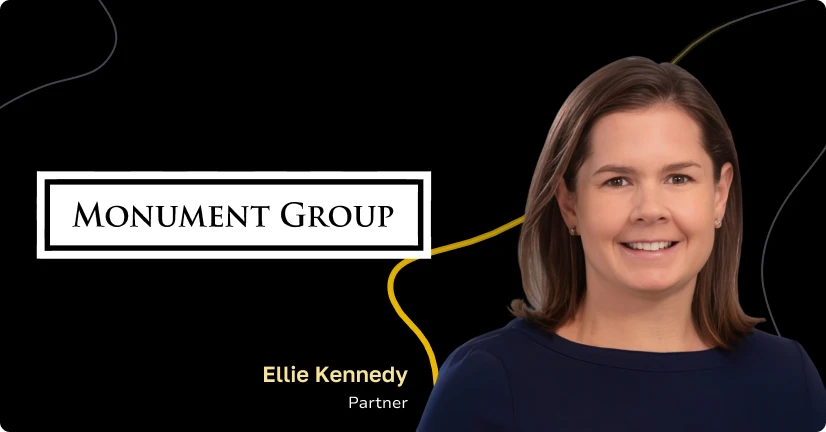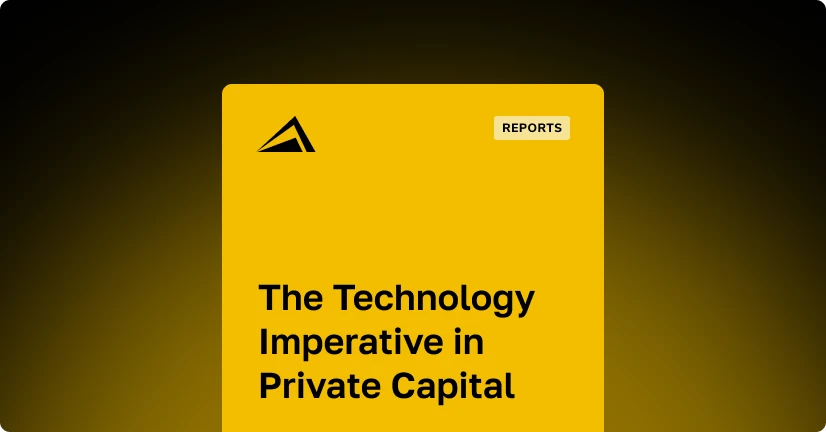
The competition to win—and retain— investor communications are becoming increasingly fierce, and market predictions point to continued escalations in difficulty.
Combine that with a noticeable decline in the number of investors planning to invest more dollars in the marketplace and we’re finding that many Private Equity firms and asset managers are actively looking for innovative and effective ways to win over new investors and maintain the interest of existing ones.
Private Equity Communication Tools: Turning Challenges Into Opportunities
While it is more difficult than ever to secure capital and close deals in Private Equity, this challenge actually provides a unique opportunity and powerful motivation. Forced to adapt or be left behind, firms are exploring new technology that they may not have otherwise considered.
What they are finding is that these tools can be used to improve workflows and streamline operations. When successfully implemented, Private Equity communications solutions, in particular, can positively impact both resource utilization and revenue.
With communication and transparency increasingly at the core of GP-LP relationships, focusing on improving and redefining the ways that firms interact and communicate with their investors can produce a significant competitive advantage.
Setting Your Sights on a Purpose-Built Private Equity Investor Communications Tool
Many communication tools promise the ability to increase the effectiveness and efficiency of interactions with stakeholders. However, few are purpose-built for the Private Equity industry.
As an asset manager or other stakeholder searching for the right solution for your company, it’s important to prioritize your specific needs and goals rather than settling for a system that’s “good enough.” Before you start shopping for a solution, you should create a detailed list of your requirements so that everyone involved in researching and reviewing your options is, literally, on the same page.
Insisting on a Proven Solution
Altvia’s Private Equity communications solution, Altvia Correspond, is built around specific industry needs like investor relations, communications, marketing, and fundraising. Altvia Correspond Market Edition provides the core features of a mass email application with the benefit of integration with AIM, our Private Equity CRM solution on the Salesforce platform.
It’s an end-to-end system that addresses all of a firm’s data and Private Equity communications needs. It allows users to easily, creatively, and effectively manage communications for prospecting, fundraising, deal announcements, and roadshows without the labor-intensive, manual “swivel chair” approach that requires exporting data from a CRM and then importing it into a separate email application.
Some of Altvia Correspond Market Edition’s advanced capabilities include:
- INTEGRATED COMMUNICATIONS. Use one system to manage your data, mass communications, contact lists, and reporting.
- SMART LISTS. Create dynamic email contact lists from your AIM data to ensure data integrity and send targeted communications.
- ENHANCED ANALYTICS. Leverage data from your communications to drive more informed decision making for fundraising and deal sourcing.
- FLEXIBLE MASS EMAILS AND TEMPLATES. Grow relationships with personalized communications for broad audiences and leverage contact lists and mailing templates for more frequent engagement.
Investor Communications Tool Provider That Stays on the Leading Edge
Private Equity communications tools, and investor relations solutions in general, continue to evolve as business practices change and available technology improves. As more Private Equity firms adopt scalable and efficient communications solutions, the need to differentiate in order to stay ahead of the competition will increase.
Simply implementing an adequate system and then turning your attention to other initiatives isn’t a good long-term strategy. Becoming complacent about your private equity communications solution can cause you to fall behind your competitors. You’ve got to regularly assess your options and be prepared to move to a better system if one is developed.
At Altvia, not only do we offer a full line of integrated solutions to meet your needs today, but we also provide comprehensive consulting and support through Altvia Care to ensure that your needs are addressed and you’re always taking full advantage of our suite of products as they evolve in sync with our changing industry.
As Keith Janosky, CFO, Head of Investor Relations at Khosla Ventures notes in a webinar on The Art of Virtual Fundraising, “We use Altvia to track our LPs and our regular communication with regards to fundraising so we can record their interactions and emails.”
Get more of his perspective and insights from other experts when you watch the information-packed session.



